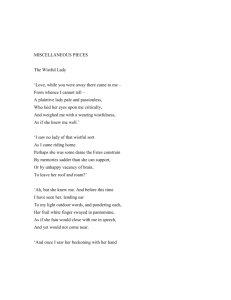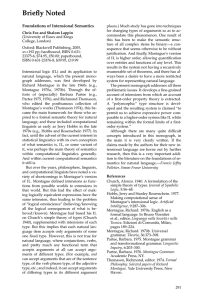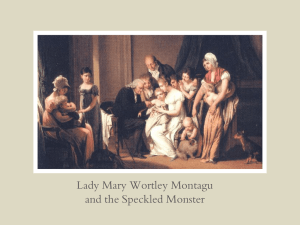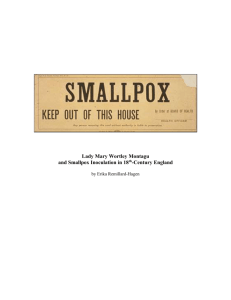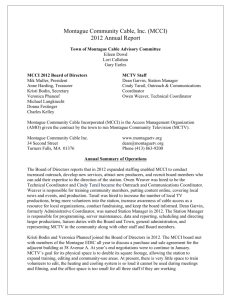Industrial Revolution 1750-1900
advertisement
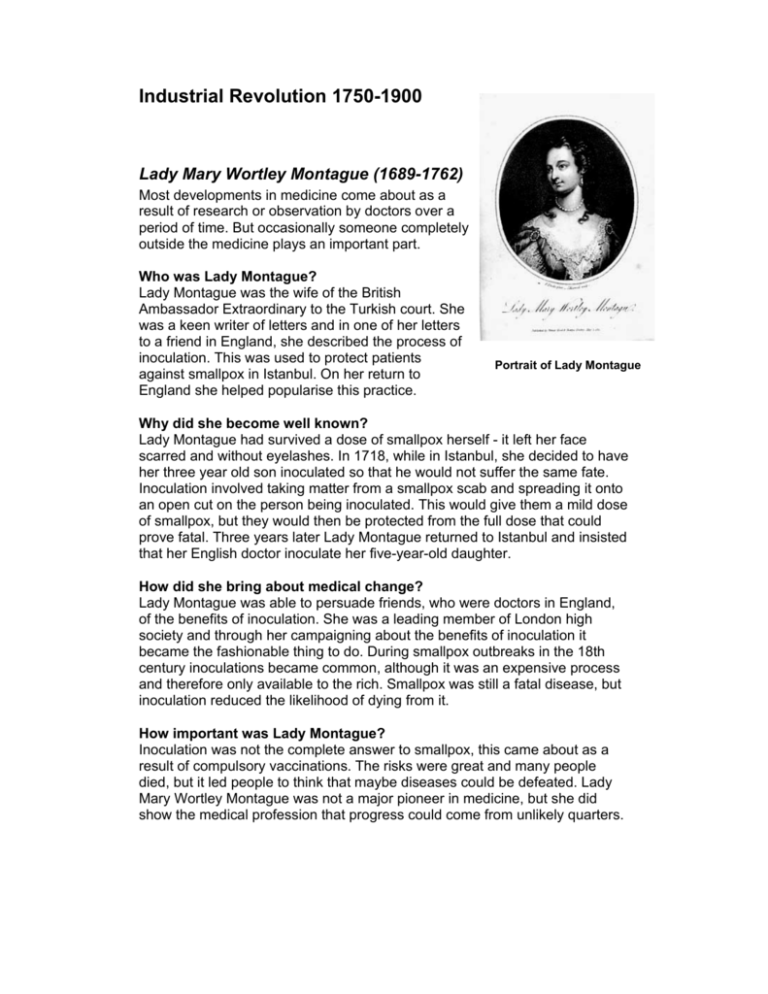
Industrial Revolution 1750-1900 Lady Mary Wortley Montague (1689-1762) Most developments in medicine come about as a result of research or observation by doctors over a period of time. But occasionally someone completely outside the medicine plays an important part. Who was Lady Montague? Lady Montague was the wife of the British Ambassador Extraordinary to the Turkish court. She was a keen writer of letters and in one of her letters to a friend in England, she described the process of inoculation. This was used to protect patients against smallpox in Istanbul. On her return to England she helped popularise this practice. Portrait of Lady Montague Why did she become well known? Lady Montague had survived a dose of smallpox herself - it left her face scarred and without eyelashes. In 1718, while in Istanbul, she decided to have her three year old son inoculated so that he would not suffer the same fate. Inoculation involved taking matter from a smallpox scab and spreading it onto an open cut on the person being inoculated. This would give them a mild dose of smallpox, but they would then be protected from the full dose that could prove fatal. Three years later Lady Montague returned to Istanbul and insisted that her English doctor inoculate her five-year-old daughter. How did she bring about medical change? Lady Montague was able to persuade friends, who were doctors in England, of the benefits of inoculation. She was a leading member of London high society and through her campaigning about the benefits of inoculation it became the fashionable thing to do. During smallpox outbreaks in the 18th century inoculations became common, although it was an expensive process and therefore only available to the rich. Smallpox was still a fatal disease, but inoculation reduced the likelihood of dying from it. How important was Lady Montague? Inoculation was not the complete answer to smallpox, this came about as a result of compulsory vaccinations. The risks were great and many people died, but it led people to think that maybe diseases could be defeated. Lady Mary Wortley Montague was not a major pioneer in medicine, but she did show the medical profession that progress could come from unlikely quarters.

